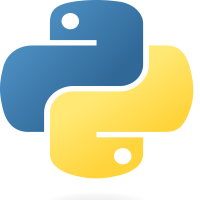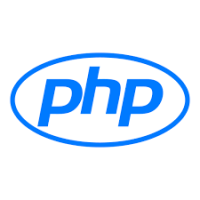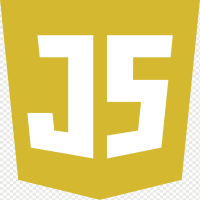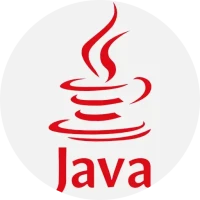
Python - Variable Scope
01-Feb-2024Understand the concept of variable scope in Python. Explore how variable scope influences the visibility and accessibility of variables within functions and different parts of your code.
Introduction
Python functions are reusable code segments that carry out particular tasks. This guide offers a thorough explanation of how to define, create, and use functions in Python, with a particular emphasis on variable scope.
Variable Scope in Functions
Understanding the scope of variables is essential when utilizing Python functions. Where a variable is accessible and editable within the code is identified by its variable scope. Variables in Python can be local or global in scope.
Local Scope :
Variables defined inside a function have local scope. They are only accessible within that specific function.
Example :
# Example: Local Scope in Pythondef my_function():
local_variable = "I am local"
print(local_variable)
# Call the functionmy_function()
# Trying to access the local variable outside the function will result in an error. # Uncommenting the line below will cause an NameError # print(local_variable)
Global Scope :
Variables defined outside of any function have global scope. They can be accessed from anywhere in the code.
Example :
# Example: Global Scope in Python
global_variable = "I am global"
def my_function() : print(global_variable)
# Call the function my_function()
# Accessing global variable outside the function
print(global_variable)
Modifying Global Variables :
While global variables can be accessed within functions, modifying them requires using the global keyword.
Example :
# Example: Modifying Global Variable in Pythonglobal_variable = "I am global"
def modify_global_variable(): global global_variable global_variable = "Modified global variable"
# Call the function to modify the global variable modify_global_variable()
# Print the modified global Variable print(global_variable)
Notes
- Local scope variables can only be accessed from within the defined function.
- Anywhere in the code can access global scope variables.
- When changing global variables within a function, the global keyword must be used to specify the change.
Conclusion
Writing clear and manageable Python code requires an understanding of variable scope in functions. Regardless of the scope—local or global—considering the definition and accessibility of variables improves your capacity to create functional designs.
.


